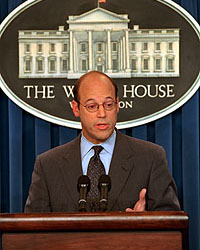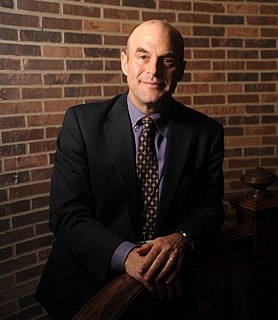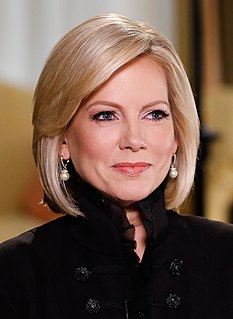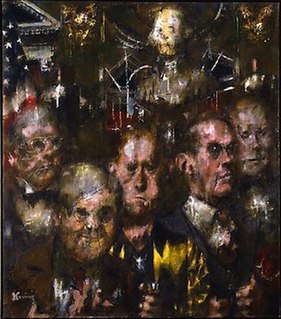A Quote by Jock Sturges
If it gets to the Supreme Court, I'll have the directors of every museum in the country as expert testimony that my work is legitimate art.
Related Quotes
The notion that the Supreme Court comes up with the ruling and that automatically subjects the two other branches to following it defies everything there is about the three equal branches of government. The Supreme Court is not the supreme branch. And for God's sake, it isn't the Supreme Being. It is the Supreme Court.
Class warfare always sounds good. Taking action against the rich and the powerful and making 'em pay for what they do, it always sounds good. But that's not the job of the Supreme Court. The Supreme Court standing on the side of the American people? The Supreme Court adjudicates the law. The Supreme Court determines the constitutionality of things and other things. The Supreme Court's gotten way out of focus, in my opinion.
In fact, Native American Rights Fund has a project called the Supreme Court Project. And quite frankly, it's focused on trying to keep cases out of the Supreme Court. This Supreme Court, Justice Roberts is actually, hard to believe, was probably worse than the Rehnquist Court. If you look at the few decisions that it's issued.
I am very proud of our Supreme Court - it is one of the best worldwide. Nevertheless, since the 1990s, we have seen a certain imbalance in the relationship between the judiciary, the parliament and the government. The Supreme Court behaved in an activist way. We have to debate the degree to which such Supreme Court activism is appropriate.
The Supreme Court is about the Constitution. It is about constitutionality. It is about the law. At its bear simplest, it's about the law. It is not about the Democrat Party agenda. Because that's what it's become. The whole judiciary has become that because that's the kind of people they have put on various courts as judges, and every liberal justice on the Supreme Court is a social justice warrior first and a judge of the law second. And if they get one more, then they will have effectively corrupted the Supreme Court.
Here is what Hillary Clinton said. Crooked Hillary said, "You know, when we talk about the Supreme Court" - fake smile - "it really raises the central issue in this election, namely what kind of country are we going to be." Well, she's right about that, actually, but not in the way she means. "What kind of opportunities will we provide our citizens." The Supreme Court's not about that. Supreme Court is the law, and their cases are not about opportunities being provided for our citizens.
It's something, since the nomination and confirmation hearings of Justice Ginsberg, that's really become kind of an unwritten rule, this "I can't answer a question if it's a potential issue that's going to come before me on the Supreme Court." I think that most senators have come to accept that as a very legitimate answer. They don't love it, they're not happy, but it is legitimate when you put it in that context.

































